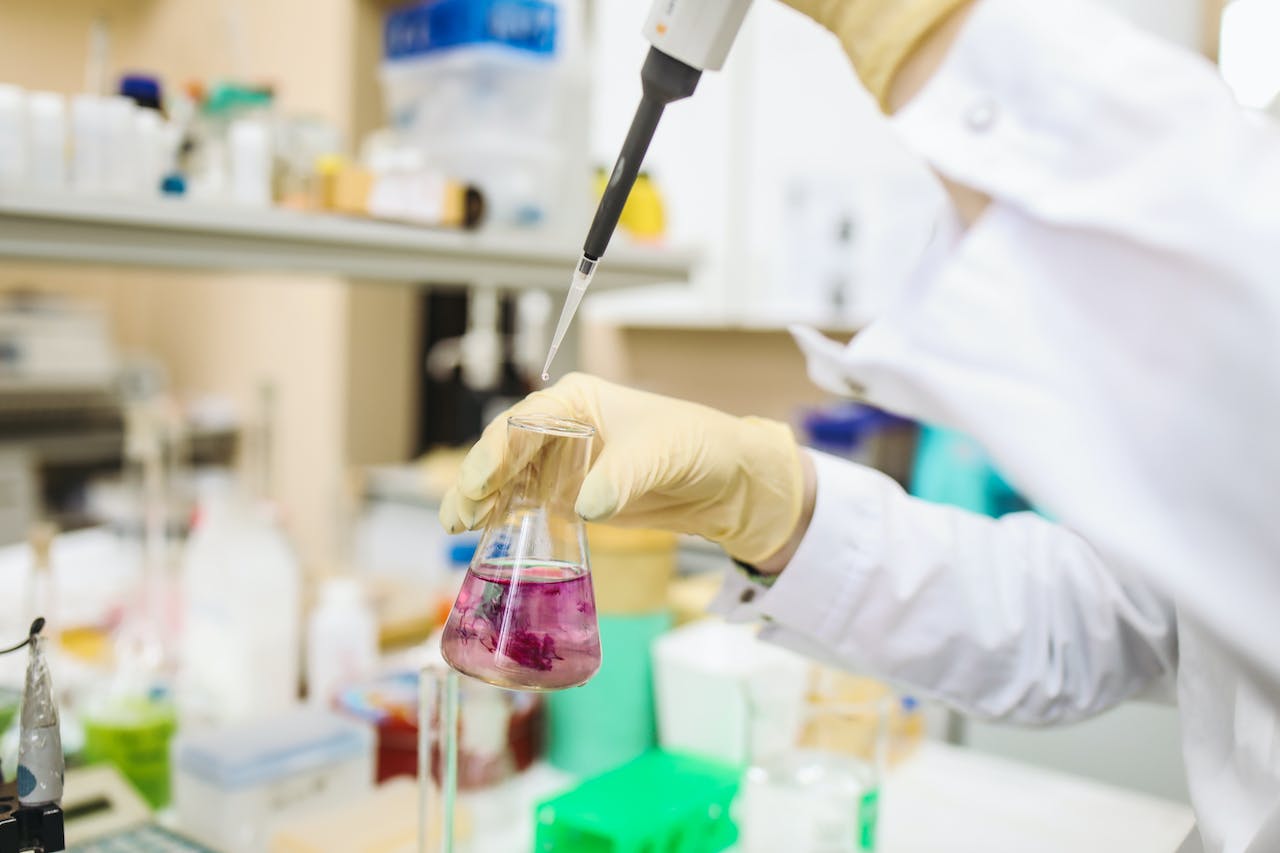Kidneys, the unsung heroes of our body's filtration system, play a crucial role in maintaining our overall health. However, when these vital organs face dysfunction, the symptoms of kidney disease may manifest, often going unnoticed until the condition reaches advanced stages. In this comprehensive guide, we delve into the various facets of kidney disease, exploring its symptoms and shedding light on the importance of early detection.
I. The Significance of Kidneys in the Human Body
Before delving into the symptoms of kidney disease, it is imperative to understand the indispensable role kidneys play in maintaining our well-being. Positioned on either side of the spine, these bean-shaped organs filter blood, remove waste products, and regulate fluid balance, electrolytes, and blood pressure. The intricate nature of their function underscores the severity of complications that may arise when kidneys begin to falter.
II. Early Warning Signs: Recognizing the Symptoms
A. Changes in Urination Patterns
One of the earliest indicators of kidney dysfunction is a noticeable change in urination patterns. Patients may experience increased urgency, particularly during the night, or conversely, a decrease in the frequency of urination. Unexplained foamy or bubbly urine may also signal the presence of excess protein – a red flag for kidney impairment.
B. Persistent Fatigue and Weakness
As kidney function diminishes, the body's ability to produce erythropoietin, a hormone crucial for red blood cell production, is compromised. This leads to anemia, characterized by persistent fatigue, weakness, and a lack of energy. Understanding these subtle cues can prompt timely medical intervention.
C. Swelling and Fluid Retention
Edema, or swelling, is a common symptom of kidney disease, as the kidneys struggle to regulate the body's fluid balance. Swelling may manifest in the hands, face, legs, or ankles. Identifying and addressing fluid retention promptly can mitigate the progression of kidney damage.
D. High Blood Pressure
Kidneys play a pivotal role in regulating blood pressure by managing the balance of sodium and fluid in the body. Consequently, hypertension can be both a cause and a consequence of kidney disease. Regular monitoring of blood pressure is crucial for early detection and management.
E. Changes in Appetite and Weight
Kidney disease can affect the gastrointestinal system, leading to changes in appetite and weight loss. As waste products accumulate in the body, it can result in a metallic taste in the mouth and a decline in interest in food. Recognizing these subtle changes is pivotal in identifying kidney dysfunction.
F. Skin Rash and Itching
The accumulation of waste products in the bloodstream can cause skin-related symptoms such as itching and a rash. As kidneys lose their ability to eliminate toxins, these substances may manifest through the skin. Addressing dermatological symptoms can provide insight into underlying kidney issues.
III. Seeking Timely Medical Attention: The Importance of Diagnosis
Early detection of kidney disease is paramount for effective management and prevention of complications. Routine medical check-ups, including blood and urine tests, can help identify subtle changes in kidney function. Physicians may assess factors such as glomerular filtration rate (GFR) and urine albumin to detect signs of kidney damage in its early stages.
IV. Conclusion
In conclusion, understanding the symptoms of kidney disease is essential for timely intervention and optimal management. The kidneys, often referred to as the body's silent workhorses, warrant our attention and care. By recognizing the early warning signs and seeking medical guidance promptly, individuals can take proactive steps towards preserving kidney health and overall well-being.

